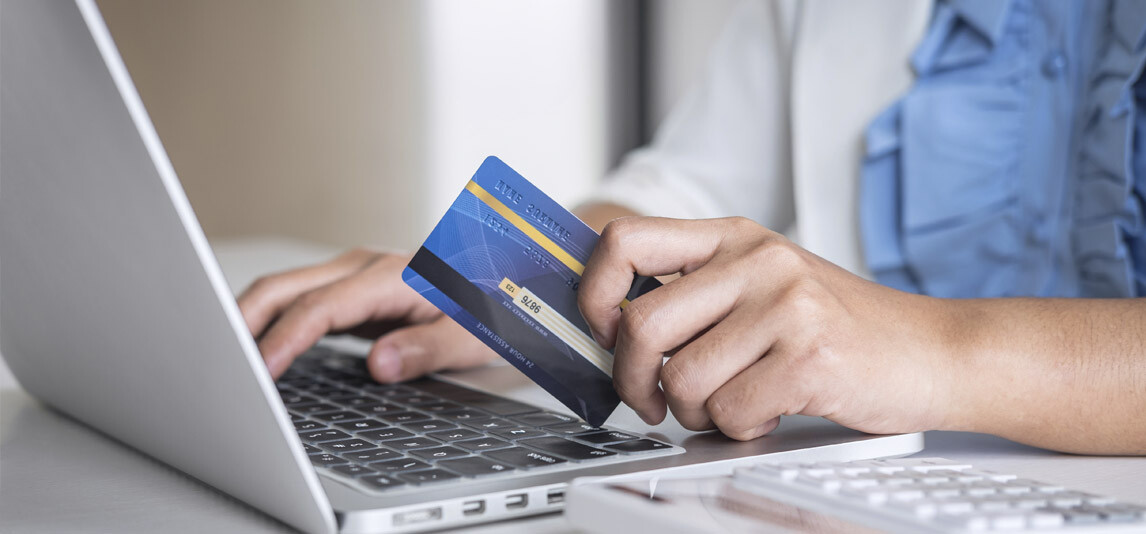Finwower is a leading advertising-supported and independent comparison service. Finwower receives a part of the revenue as compensation from all the offers that you see on the website from various companies. Depending on the compensation, you will see where and how the products appear on the website. For instance, you can look at how the order appears in the listing category. Of course, many other factors impact the appearance of the products, like the credit approval likeliness of the applicants and the rules of the proprietary website. Of course, it should also be understood that you will not find all the available credit or financial offers available today at Finwower.
All the reviews you see have been prepared by the staff of the Finwower. Yes, these opinions are received by the reviewer and have not been approved or reviewed by other advertisers. It means that all the reviews you see are unbiased and presented accurately, including the credit fees and rates. If you are looking for the latest information, it is suggested that you head over to the top of the page and visit the bank's website to check the data. All the credits at Finwower are determined from the FICO® Score 8; this is one of the many types of credit scores you will find in the market. When the lender is considering your credit application, they may use various types of said credit score to determine whether you qualify for the credit card or not.
Will an emergency loan impact my credit?
Before taking out an emergency loan to cover unexpected expenses, think about the impact it could have on your credit. Taking out an emergency loan, like any other type of loan, will have an impact on your credit rating. However, this is not necessarily a major negative impact. On the contrary, if the loan is well managed, it may even help improve your credit rating in the long run.
How do emergency loans affect credit rating?
Emergency loans are generally unsecured personal loans. As with any other loan, obtaining an emergency loan requires a thorough credit check by the lender. This may result in a temporary drop in credit rating. But taking out a loan can also improve your credit rating if you make your payments on time.
Here's how an emergency loan can affect your credit rating.
Creating a credit file
When you apply for a loan from a lending institution, it performs a so-called thorough credit check. This means that the lending institution requests information about your credit from lenders to understand your credit history and determine whether it wants to lend you money.
A thorough credit check lowers your credit rating in the short term, usually for a few months, and usually stays on your credit file for two years. Too many simultaneous applications can cause lenders to realize that you are applying for more than one loan at a time and that you will not be able to repay them all.
This can contribute to a positive payment history
If you are able to make your payments on time, taking out an emergency loan can improve your credit rating because of your good payment history. Payment history accounts for 35 percent of the FICO credit score calculation and is therefore the most important factor.
Improved credit distribution
The composition of your credit portfolio also has a 10% impact on your credit rating. The credit mix is the variety of types of accounts you have in your credit portfolio. Having different types of accounts open, such as credit cards, personal loans, auto loans, and mortgages, helps improve your score. If an emergency loan is a new type of loan, it can help improve your credit portfolio and your score.
It can create debt that you cannot repay
If you take out an emergency loan without having the funds to repay it, your credit rating may suffer. Just as on-time payments contribute to a good payment history, late or missed payments contribute to a bad credit history. This can lower your credit rating.
Minimum credit score for an emergency loan.
Creditworthiness requirements generally vary depending on the lending institution and the type of loan. In general, however, you must have at least fair credit (a FICO score between 580 and 669) to qualify for an emergency loan. The higher the credit score, the better the interest rate on the loan. A good FICO score is between 670 and 739, while a very good score is 740 or more.
Even if better credit is good, it is possible to get an emergency loan with bad credit. Options will be limited and interest rates will likely be much higher than for people with better credit. Make sure you can repay a loan with bad credit. Do not decide to apply for an emergency loan if it has a negative impact on your financial health, because it could make your situation worse in the long run.
Other conditions of eligibility
Although your credit rating is important, there are other factors that lenders consider in deciding whether to give you a loan. Lenders look at a number of factors to determine whether you are able to repay the loan on time. Here are some of the most common eligibility requirements:
- Sufficient income: The lending institution wants to be sure that you earn enough each month to repay the loan. It wants to see pay stubs or other documents that show your income level.
- Overview of monthly expenses and payments: Lenders also look at your debt-to-income ratio. This ratio indicates the amount of your monthly debt compared to your monthly income. If your income is high, but your debt is also high, the lender may decide not to approve your loan.
- Proof of identity: shows the lender that you are who you say you are and allows them to verify all other information.
- Proof of address: a stable address shows that your living situation is stable and makes you more favorable to the lender.
Whatever your emergency situation, an emergency loan will have an impact on your credit. Assess your situation, needs and eligibility criteria to determine if an emergency loan is right for you. If an emergency loan seems unmanageable, consider other options, such as a mortgage line of credit, a loan from friends or family, or an interest-free credit card.

Posts:
Finwower is a leading advertising-supported and independent comparison service. Finwower receives a part of the revenue as compensation from all the offers that you see on the website from various companies. Depending on the compensation, you will see where and how the products appear on the website. For instance, you can look at how the order appears in the listing category. Of course, many other factors impact the appearance of the products, like the credit approval likeliness of the applicants and the rules of the proprietary website. Of course, it should also be understood that you will not find all the available credit or financial offers available today at Finwower.
All the reviews you see have been prepared by the staff of the Finwower. Yes, these opinions are received by the reviewer and have not been approved or reviewed by other advertisers. It means that all the reviews you see are unbiased and presented accurately, including the credit fees and rates. If you are looking for the latest information, it is suggested that you head over to the top of the page and visit the bank's website to check the data. All the credits at Finwower are determined from the FICO® Score 8; this is one of the many types of credit scores you will find in the market. When the lender is considering your credit application, they may use various types of said credit score to determine whether you qualify for the credit card or not.





